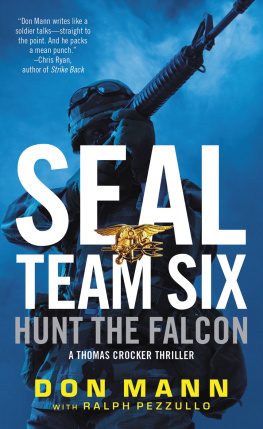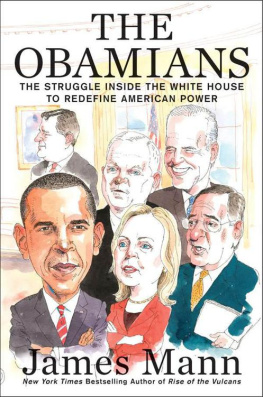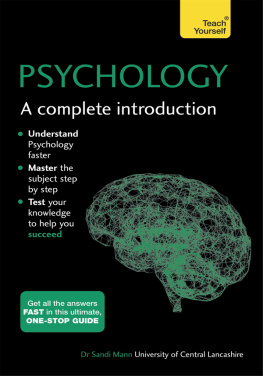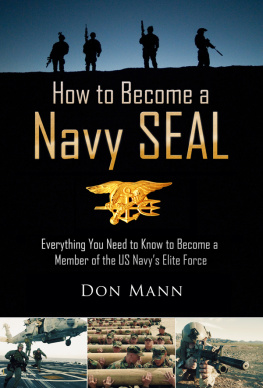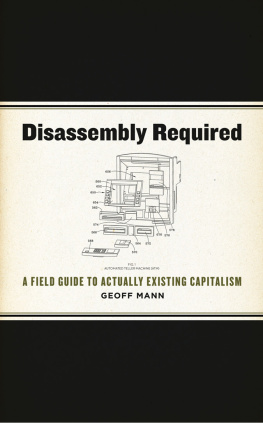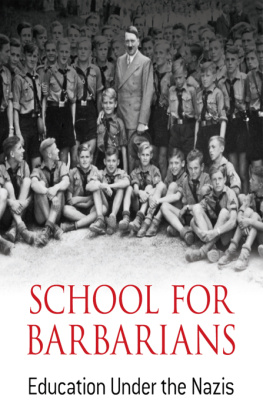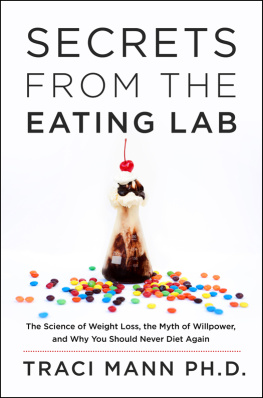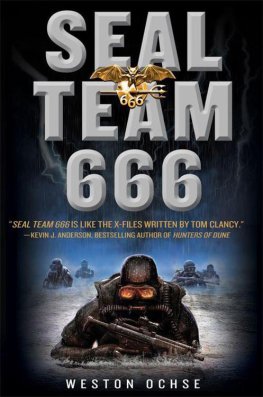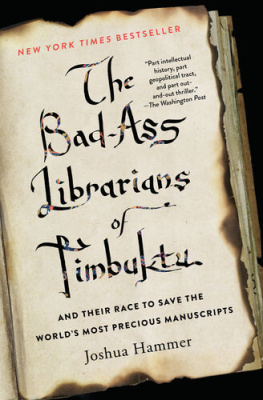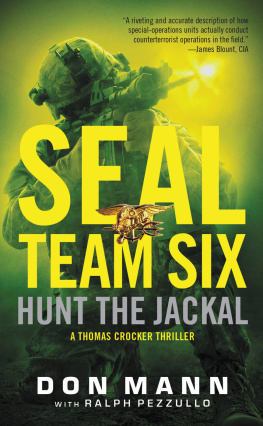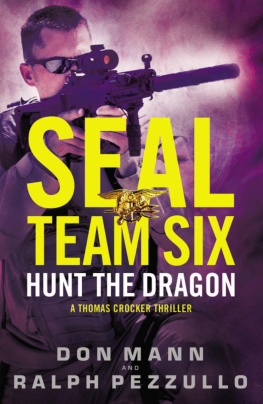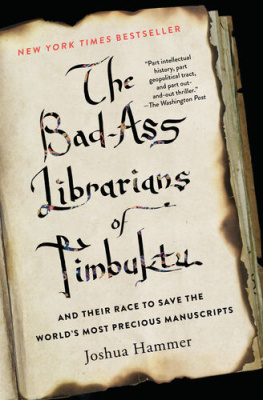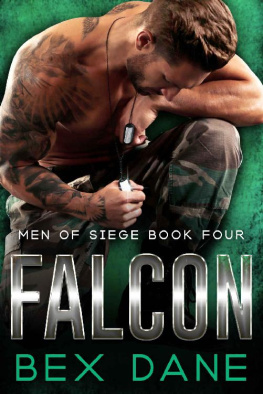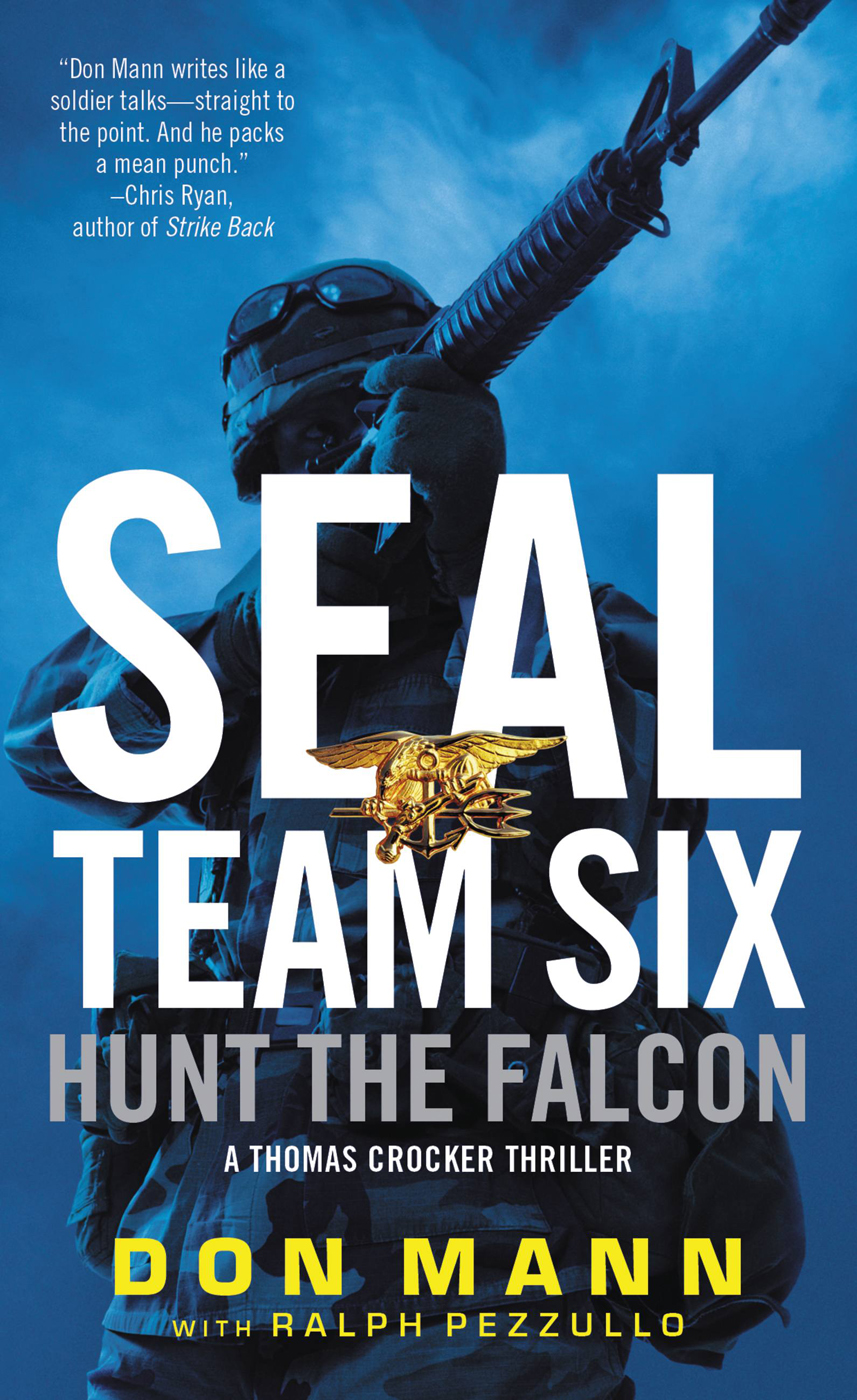In accordance with the U.S. Copyright Act of 1976, the scanning, uploading, and electronic sharing of any part of this book without the permission of the publisher constitute unlawful piracy and theft of the authors intellectual property. If you would like to use material from the book (other than for review purposes), prior written permission must be obtained by contacting the publisher at permissions@hbgusa.com. Thank you for your support of the authors rights.
We make war that we may live in peace.
Let me not pray to be sheltered from dangers, but to be fearless in facing them.
Rabindranath Tagore
J ohn and Lenora Rinehart had just watched their thirteen-year-old son Alex dress himself for the first time. It was a special morning. Usually days at the Rinehart house started with a delicate dance, determined by their sons moods.
Just because his son Alex was autistic didnt mean he wasnt smart, John Rinehart reminded himself as his shoes met the uneven surface of the slate walk and he punched the electronic button that opened the door to his dark blue Saab 900. His son was exceptional in the IQ department. But his brains ability to control the warp-speed flow of information, and his emotional impulses, was out of whack. When it didnt work the way Alex wanted it to, the boy got frustrated. And when he got frustrated, he got mad as hell. Screaming, beat-the-shit-out-of-whatever-he-could-get-his-hands-on angry sometimes.
Ask him to find the positive difference of the fourth power of two consecutive positive integers that must be divisible by one more than twice the larger integer? No problem. But little things like buttoning a shirt or fastening a zipper often tripped him up.
Little things little victories, forty-two-year-old John Rinehart said as he reached across the console between the front seats and squeezed his wife Lenas hand.
She smiled past the straight black bangs that almost brushed her eyes and said, I credit Alexs new school. Its been a major positive.
Yes, John whispered back. His heart felt like it might leap out of his chest with delight.
John felt things strongly. Like his son. Sometimes so strongly that it scared him and he, too, had to fight hard to control himself.
His half-Asian wife was the more emotionally balanced of the two. She understood that tomorrow morning might be completely different; that life with a child like Alex was unpredictable at best.
John found it much harder to let go of the hope that his son would one day lead a normal life. He kept looking for a path, or an unopened doorway in his sons psyche, that would lead to that result. Which made sense, because part of what he did for a living as the economic counselor at the U.S. embassy was to look for patterns of activity and use them to try to predict future eventsChinese-Thai trade, baht volatility, Thai-U.S. trading algorithms.
He was a brilliant man who studied the world and saw tendencies, vectors, roads traveled, like the one he steered the highly polished car onto now, into the knot of cars, trucks, motorcycles, and bicycles on what the Thais called Thanon Phetchaburi.
Hed learned to expect the eight-mile ride to the embassy to take forty minutes because of the traffic, but he didnt mind. It gave him and his wife a chance to listen to music and spend some quiet time together.
This morning he didnt want to think about the embassy where she also worked, as an administrative assistant in the CIA station. Nor did he want to consider the problems hed deal with when he got there.
Instead he listened as Stan Getz played a smooth, moving Body and Soul over the stereo, and he hummed along, feeling unusually optimistic and calm. He even entertained the possibility that when his tour in Thailand ended in a year, he would return to teaching. Maybe even accept the position on the faculty of University of California, Berkeley that had been offered him a little while back. Lena would like that.
The sky above was a murky, almost iridescent yellow. Bangkok was a surreal blend of staggeringly beautiful and disgusting, rich and poor, spiritual and depraved, all living pressed together. He found the yin-yang dynamic of the city fascinating.
Adjusting the air-conditioning, he turned to his wife. Im proud of you, darling, he said.
Im proud of you. And Alex, too.
Our Alex, he added.
Through the windshield John noticed a battered blue truck squeezing into the little space between his front bumper and the Nissan taxi four feet to the right. He applied the brake, hit the horn, then turned to his wife.
He noticed the way the light accentuated her cheekbones, then out of the corner of his right eye glimpsed a motorcycle near the back bumper. Two helmets, both black with mirrored visors. The driver and rider looked like aliens.
Past the soaring saxophone solo and through the soundproof door panels, he heard a metal click. Seconds later the motorcycle roared past, narrowly avoiding a bus.
He was thinking about the first time he had seen Lena, standing near the entrance to the Georgetown University library. She was a sophomore; he was pursuing a masters degree in economics.
He remembered how he had stopped to ask her for directions to White-Gravenor Hall even though he knew where it was. And how when she turned, he was struck by her beauty, and the strength and intelligence in her eyes.
John Rinehart opened his mouth to tell Lena how he had felt at that moment, how certain he had been that something important was happening. But before he could get the words out, the small but powerful explosive device that had been magnetically attached to the cars rear fender exploded, tearing through the chassis, igniting the high-octane fuel in the gas tank and causing the car to burst into flames.
John and Lenora Rinehart were dead within seconds. Another eight poor souls riding bicycles and motorbikes in the vicinity also died. Twenty-three were seriously injured.
Before Thai police officials had finished their inspection of the site and carted away the wreckage of the Saab 900, a similar magnetic device had killed a U.S. military attach and his assistant in their car a half mile away. That same day bombs placed by riders on motorcycles killed fifteen more U.S. and Israeli officials in Rome, Athens, Mumbai, and Cairo.
The pain the bombings caused was incalculablechildren denied fathers, wives turned into widows, friends and colleagues left questioning their faith in God.
Alex Rinehart, on hearing the news that his parents had been killed, retreated inside himself and refused to talk.
That night, 2,410 miles northwest of Bangkok, Navy SEAL Team Six leader Thomas Crocker wiped the snow from the goggles fastened to his FAST Ballistic Helmet and adjusted the seventy-five-pound pack on his back.
This remind you of anything, boss? his blond commo man, Davis, asked in a gravelly voice behind him, little icicles clinging to the half-inch reddish growth on his jaw and chin.
The Nightmare Before Christmas? Crocker replied as he retaped the straps on his backpack so they wouldnt make noise as he approached the target. His left hand burned from a frigid wind that whistled through the craggy rocks along the ridge in southeastern Afghanistan.
K2, Davis said, referring to a training climb Crocker had taken the team on, during which a female friend of his had died in an avalanche. Then, noticing that his chiefs left hand was bare, he asked, What happened to your glove?

